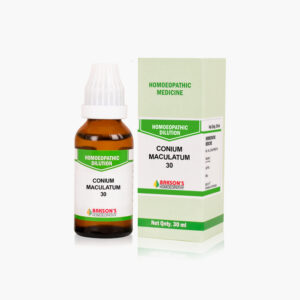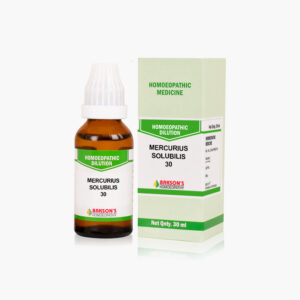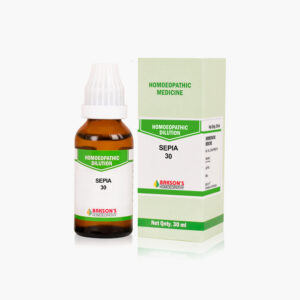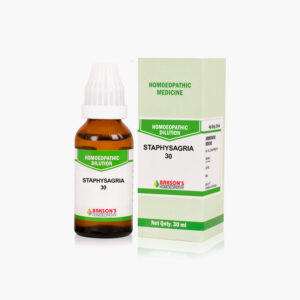What is Vulvodynia?
Vulvodynia is defined as a vulvar pain of at least three months’ duration, without a clear, identifiable cause, which may have potential associated factors. It is a diagnosis of exclusion and is an idiopathic pain disorder.
The pain may be generalised or localised depending on the location. It may also be spontaneous or provoked. It could occur throughout a patient’s life or just with a new partner (primary or secondary) and/or it can be intermittent, persistent, constant, immediate, or delayed in timing.
Aetiology
The exact cause is unknown. Possible risk factors include-
- Injury or irritation to the nerves that transmit pain from the vulva to the spinal cord
- Increase in the number and sensitivity of nerve fibres in the vulva
- Elevated levels of inflammatory substances including cytokines in the vulva
- Abnormal response to environmental factors
- Genetic susceptibility
- Pelvic floor muscle weakness and spasm
History and physical examination
The patient must undergo a thorough gynaecological examination. Cotton swab evaluation is an important diagnostic tool to find the area of location of the pain. The patient is asked to rate the pain on a scale of 1 to 10 when a cotton swab is placed on different locations around the vulva. The same test can also identify the sensitivity of the pain. Pelvic muscle examination is also essential. Evaluation of underlying conditions like Interstitial cystitis, endometriosis, temporomandibular joint syndrome etc. also helps in the management.
General management
The management is multidisciplinary. Patient’s condition along with the opinions of specialists involved can decide the treatment plan.
Warning: Above information provided is an overview of the disease, we strongly recommend a doctor’s consultation to prevent further advancement of disease and/or development of complications.
Disclaimer: The information provided herein on request, is not to be taken as a replacement for medical advice or diagnosis or treatment of any medical condition. DO NOT SELF MEDICATE. PLEASE CONSULT YOUR PHYSICIAN FOR PROPER DIAGNOSIS AND PRESCRIPTION.



 Login
Login




